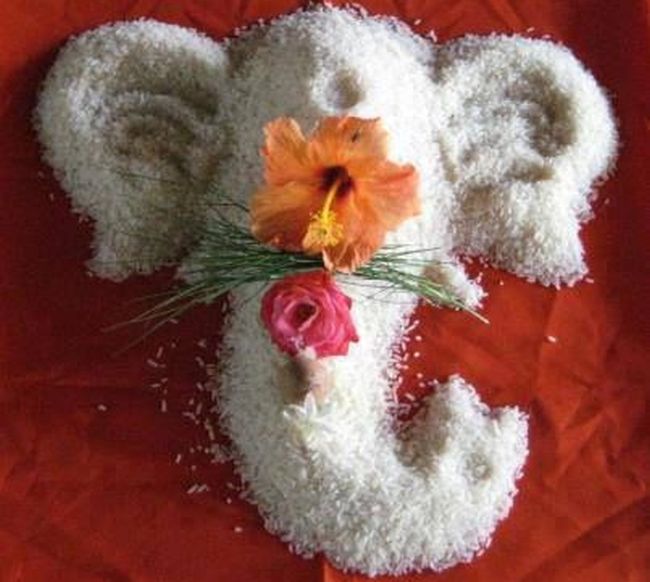New Delhi: The air we breathe is not safe at all, in fact it is grey! Thanks to the presence of dust, dirt, soot and smoke that are toxic. According to the scientists, these particles also called particulate matter or PM, are 2.5 micrometers in diameter, far thinner than a strand of human hair. So, why are these harmful? In high concentrations, these particulate matter can be deadly. Exposure to these tiny particles can lead to many health problems, including respiratory diseases, cardiovascular diseases, and even premature death. According to a World Health Organisation (WHO) report as many as 1.2 million deaths take place every year due to air pollution. Whereas the nation’s capital is regarded as the most polluted city, ranked 11, in the world.
During Diwali last year, air quality was among the world’s worst and within India the five northern states were 40 to 100 per cent worse off compared to the rest of the country, as highlighted by the global air pollution data and an IndiaSpend analysis of national data. Parts of Delhi, Uttar Pradesh and Bihar recorded PM 2.5 levels of over 500 µg/m³–exhibiting “beyond scale” pollution values, while the benchmark is 60.
Also Read: Celebrate A ‘Clean And Green’ Diwali With 5 Simple Steps
Here’s what can be done by people to ensure that this Diwali is better:
1. Go Cracker Free, Say No To Bursting Of Firecrackers
According to the 2016 study done by the Chest Research Foundation, Pune, the popular firecrackers like the snake tablet, the ladi, basically a string of 1,000 crackers, fuljhadi (sparkler), anar (flower-pot), chakri (spinning firecracker) emit particulate matter (PM) 200 to 2,000 times the safe limits, which is designated by the World Health Organization (WHO).
In a bid to save the planet from ill effects of Air Pollution, Delhi’s Supreme Court has banned the sale of firecrackers. Whereas, the Bombay High Court has put a blanket ban and has ban the sale of firecrackers in the residential areas of the state. In Chhattisgarh, the ban is only on the high decibel firecrackers. The ban is only on the sale of the crackers and not on bursting firecrackers. The decision to go cracker free needs to be made as a conscious decision by everyone of us in order to help save the depleting environment.
Also Read: If Delhiites Don’t Celebrate Diwali Cracker Free, Then The City Will Choke. Here’s Why
2. Choose Candles That Are Good For The Environment
This year, ditch the cheap paraffin candles and switch to something that’s cleaner and greener. Burning paraffin candles can release high amounts of toxins and carcinogens (a kind of toxin in air that is responsible for causing cancer) into the atmosphere. Opt for eco-friendly ones made from pure beeswax, soy wax or vegetable-oil-based candles. These candles are made of natural colours, are biodegradable and made from renewable resources.
3. Be Careful About Rangoli Colours
The more colourful your rangoli is, the more toxic substances it may have. Colours contain lot of industrial dyes, chemicals and toxic substances that affect not just human health but air quality too. This Diwali, go all natural and make a colourful rangoli with ingredients straight from your kitchen. Make white colour from rice powder, use varity of pulses to get different shades and even use flowers.
Also Read: Celebrate Waste-Free Diwali: Top 5 Home Décor Ideas To Brighten Up Your Home
4. Paint Your House In An Eco-Friendly Way
Getting your home white-washed or jazzing up a particular wall with a more vibrant colour this Diwali? Traditional paints and many related products, like paint thinner or stripper, release volatile organic compounds (VOCs) which vaporise into the atmosphere as soon as it is exposed and release a variety of chemicals that further affects the air quality and pose serious health risks. Darker colours and glossier paints have more VOC content. In India, many leading paint companies are now making zero-VOC paints that have VOC content of 5 gram per litre, which is so low that they are categorised as zero-VOC paints. There are also natural paints available in the markets by the leading brands that are made of natural compounds such as tree resins, water, plant oil, essential oil and natural dyes.
5. Reduce Waste Production
India is home to 1.2 crore people who generate 62 million tonnes of waste annually, out of which 5.6 million tonnes is plastic waste. The worrisome part is that only 22-28 percent of this waste is treated due to poor waste management system and rest goes straight away into the overflowing landfills which affect not just the land, water but air as well. Simply because, landfill is a place where all sort of waste gets mixed up, as it keeps piling up in one particular area, and produces toxins, polluting everything.
During the time of festivities, especially Diwali, waste generation increases. But this Diwali make a difference, by reducing waste generated. We have listed down ways on how you can reduce wastage – instead of throwing plastic in your trash bin, use if (it?) for your house decoration. Use plastic spoons to make rangoli or simply a food tray. Move over traditional gifting; instead opt for making personalised gifts items all by yourself – the options are unlimited. All you have to do is look out for items in your home that can be upcycled.
























































